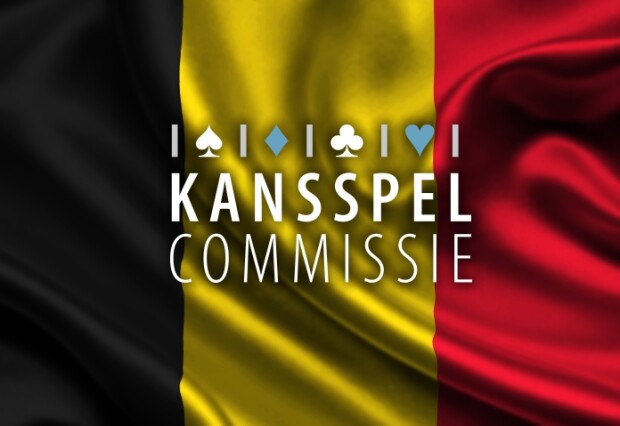
Belgian Gambling License
While online gaming is and has been legal in Belgium since 2002, the introduction of the 2009 Gambling Act entailed that any companies that wish to operate an online gambling site in Belgium are required to first acquire a license. In addition, the servers on which the online gambling site operates must be located in Belgium. As such, to launch a gaming site in Belgium, operators must first partner with an existing land-based casino or open their own physical property.
As opposed to being concerned about the profitability of the industry, the Belgium Gambling Commission’s main focus is on ensuring that players are protected from any unfair or unscrupulous online gambling or mobile gaming activities. The Commission also monitors the activities of players. According to the perspective of the Belgium Gambling Commission, games of chance and other online casino games should not be viewed in the same way as other forms of economic services because they carry a risk of addiction and can lead to the loss of significant values of money. As such, the Commission has put into force a number of measures that are designed to protect casino players against gambling and online gaming losses and addiction. They also provide useful support services and education to support people who find themselves at risk of becoming gambling addicts.
Belgium started to develop a domestic regulated online gaming industry in January 2010. As part of this regulation, companies that wish to operate any type of gambling activity in Belgium need to have a physical operation in the country and will be subject to Belgium’s taxes and laws at all times. In addition, operators that run companies and sites that are based outside Belgium are prohibited from marketing and providing their casino products to Belgium citizens.
Types of Licenses Available in Belgium
The 2011 Gambling Act is currently in force in Belgium. As part of this law, all online games of chance are regulated by the Gaming Commission. The following casino licenses are available:
A-A+: Issued to organisations that operate physical casinos in Belgium. Operators can only apply for an online licence (A+) after they have secured the A-License.
B-B+: Issued to organisations that operate gaming arcades in Belgium. Operators can only apply for an online licence (B+) after they have secured the B-License holders.
C: Issued to organisations that operate bars in which there are bingo machines or slot machines. These machines need to be fit with id card readers to ensure that minors are unable to play.
D: Issued to all personnel that are employed in gaming establishments. Holders of this license are required to undergo regular training to keep their licenses. Each license is issued for a period of five years.
E: Issued to manufacturers and those who install and repair gaming devices.
F1-F2-F1+: Issued to organisations that organise sports and horse racing betting activities. Organisations that directly accept bets, such as gambling shops and bookmakers, are required to secure the F2 license while F1+ is for those that offer online betting.
G1-G2: Issued to organisations that operate gambling activities on television and via telephone.
To secure a licence, operators need to pay an EUR 250,000 guarantee fee and pay any outstanding taxes and debts in advance of applying for the license. In addition, an 11% tax is levied on all gross gaming revenues excluding horse racing tax, which is taxed at 3% for domestic races and 3.7% for pari-mutuel bets on foreign horse races.
At present, more than 70 online gaming and casino sites are blacklisted by the Commission. Any Belgium gamers who are proven guilty of playing on these blacklisted casino sites face a fine of up to EUR 25,000. Players are responsible for verifying the legal status of a gaming site before registering for an account.










